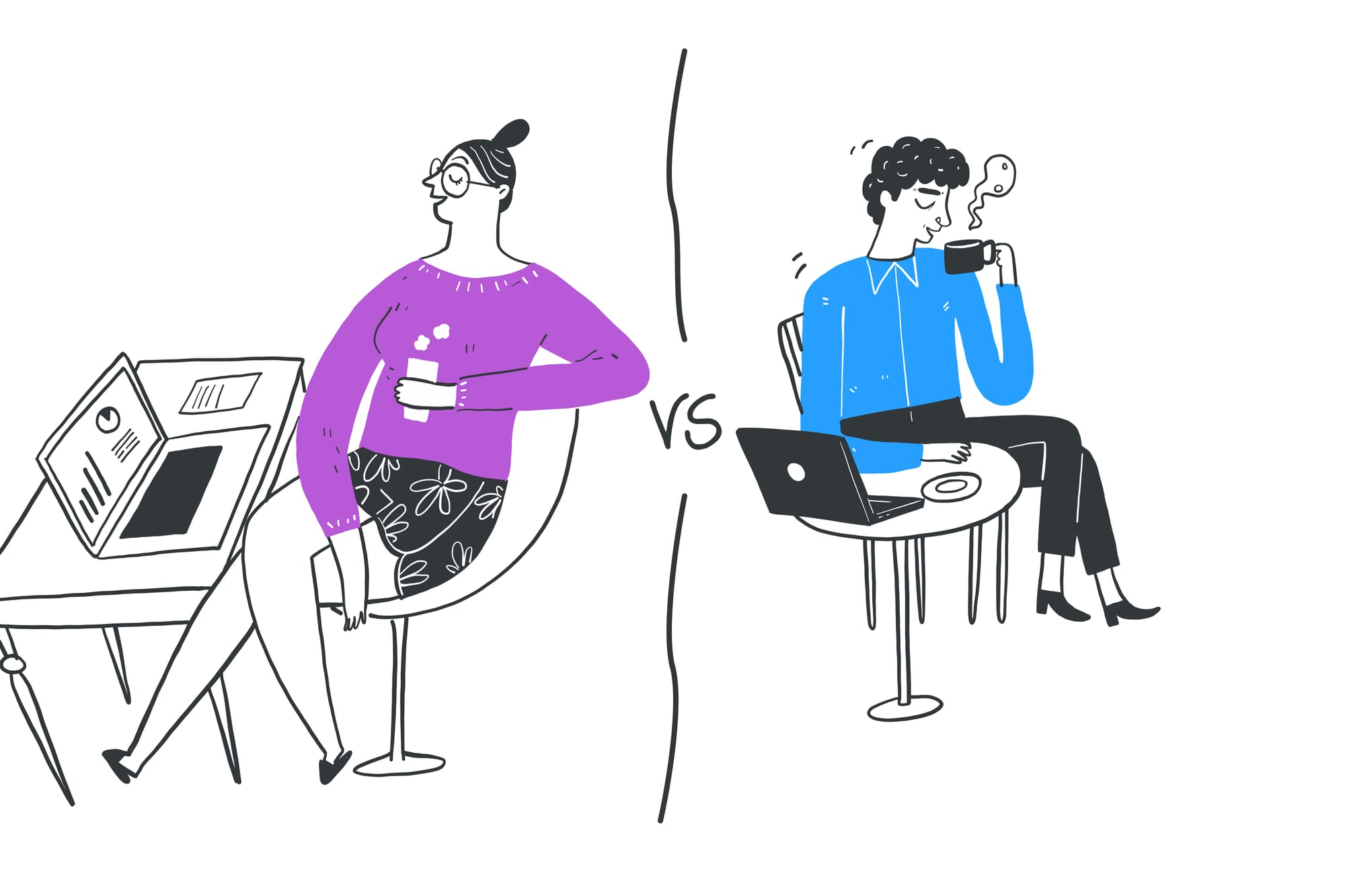Engineering leaders, PMs, or POs have to learn how to say "No" to unrealistic client feature requests. Reasons for this include to protect project integrity, conserve resources, and ensure technical soundness. Rejecting unfeasible ideas or those misaligned with the product's vision is crucial to avoid wasting time and compromising quality.
The Consequences of Not Saying "No"
Over the years, I've learned how to say "no!" the hard way. Because when I said "yes" to to building additional features, for example, I was left with many problems such as:
- Project extended beyond deadline.
- Dev team suffered from burnout.
- Productivity went down.
- Many developers made their decision to leave.
- Drained resources.
- Increased complexity.
- Technical debt.
The list goes on. And the worst thing was that I was accountable for all these problems...because I didn't know how to say "no!".
Saying "No" Starts With:
- Promoting Open Communication: Encourage an environment for open dialogue to assess feature request feasibility and impacts.
- Implementing Decision-Making Frameworks: Provide teams with standardized tools for evaluating feature requests against strategic alignment and resource constraints.
- Suggesting Constructive Alternatives: Train leaders to offer feasible alternatives, turning rejections into collaborative problem-solving opportunities.
- Prioritization of Resources: Allocate resources based on strategic priorities, steering clear of decisions driven solely by client pressure.
- Realistic Commitments: Ensure leadership commits realistically, focusing on achievable deliverables instead of over-promising.
How to Build a System that Supports a "No!" Answer:
- Empowerment and Support: Empower leaders to make decisions aligned with project goals, offering support when they refuse unreasonable requests.
- Training in Negotiation: Provide training in negotiation and conflict resolution to handle client interactions effectively.
- Emphasize Strategic Goals: Regularly reinforce the importance of adhering to strategic goals and product vision.
- Client Education: Educate clients about the product development process to set realistic expectations.
- Recognition for Tough Decisions: Acknowledge and praise leaders when they make tough but necessary decisions.
The ability to say "no" is essential for engineering leaders, PMs, and POs to preserve project integrity and focus on feasible, impactful goals. This skill, combined with open communication, effective decision-making frameworks, and offering constructive alternatives, ensures high-quality, sustainable project outcomes.





